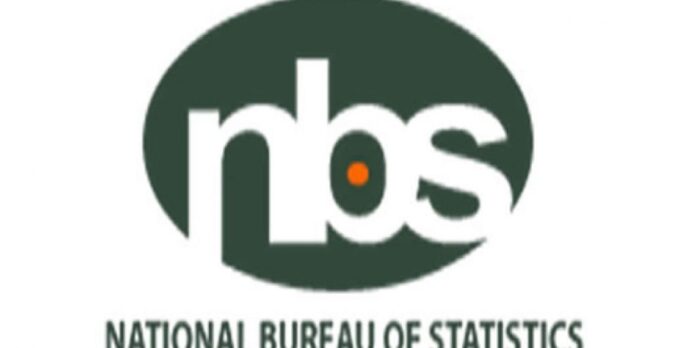The NBS implements MICS which provides data on child mortality, health, nutrition, education, child and social protection,
By Stella-Maris Okwaranyia
Nigeria’s 2021 Multiple Indicator Cluster Survey, MICS, and National Immunization Coverage Survey, NICS, reports show that the country is making slow progress in child health indices.
The reports which provide reliable nationwide and internationally comparable data to monitor the situation of children and women in Nigeria showed that the exclusive breastfeeding rate increased from 24 per cent to 34 per cent, while nearly 60 per cent of Nigerian children are currently registered at birth with civil authorities”
MICS is a household survey developed by UNICEF to assist countries in filling data gaps for monitoring human development indicators in general and the situation of children and women, in particular. It has evolved over the years to respond to changing data needs, expanding from 28 indicators in the first round in 1999 to 200 in its current sixth. The National Bureau of Statistics (NBS) implements MICS which provides data on child mortality, health, nutrition, education, child and social protection, women’s health care and empowerment, water, sanitation and hygiene. Also, NICS assesses vaccination coverage provided through the health systems.
READ ALSO
SGBV Tete-A-Tete Mobile App debuts
Indicators produced for the first time include social transfer, household energy use, child functioning and foundational learning skills.
The MICS results, which was launched by the Prof. Yemi Osinbajo, Vice-President, showed that child mortality decreased from 1 in 8 children dying before their fifth birthday (MICS 2016) to 1 in 10 children (MICS 2021).
The report also stated that there has also been appreciable progress in exclusive breastfeeding and birth registration rates and child marriage (women married before age 18) which has reduced from 44 per cent to 30 per cent since 2016.
commenting on the report, Adeyemi Adediran, Statistician-General of the Federation/CEO National Bureau of Statistics said: “The 2021 Nigeria MICS-NICS report provides evidence-based data for all key stakeholders to prioritise quality services for children and women with higher efficiency and effectiveness.
“The information collated will inform policies aimed at social inclusion of the most vulnerable population, help identify disparities, and allow for international comparability.”
According to Adeniran, as the country builds back better from the impact of the COVID-19 pandemic, the MICS-NICS survey provides evidence to shape interventions and focus resources in a way that helps children and their families reach their full potential. “Using the data to monitor progress towards our collective commitments to children and families, and inform future action is critical if we must leave no one behind,” he stated.
Also speaking, Peter Hawkins, UNICEF Representative, stated that data is critical for effective budgeting, and decision-making; the data from these surveys together paint a picture of the situation for children and families in Nigeria.
He said: “The picture is a mixed one. While there has been some good progress, and we should celebrate that – we still have a long way to go towards ensuring the well-being of children in Nigeria. The findings of this survey will help guide the federal and state governments as they plan their budgets – providing evidence for where more support and funds need to be wisely allocated and utilized.”











